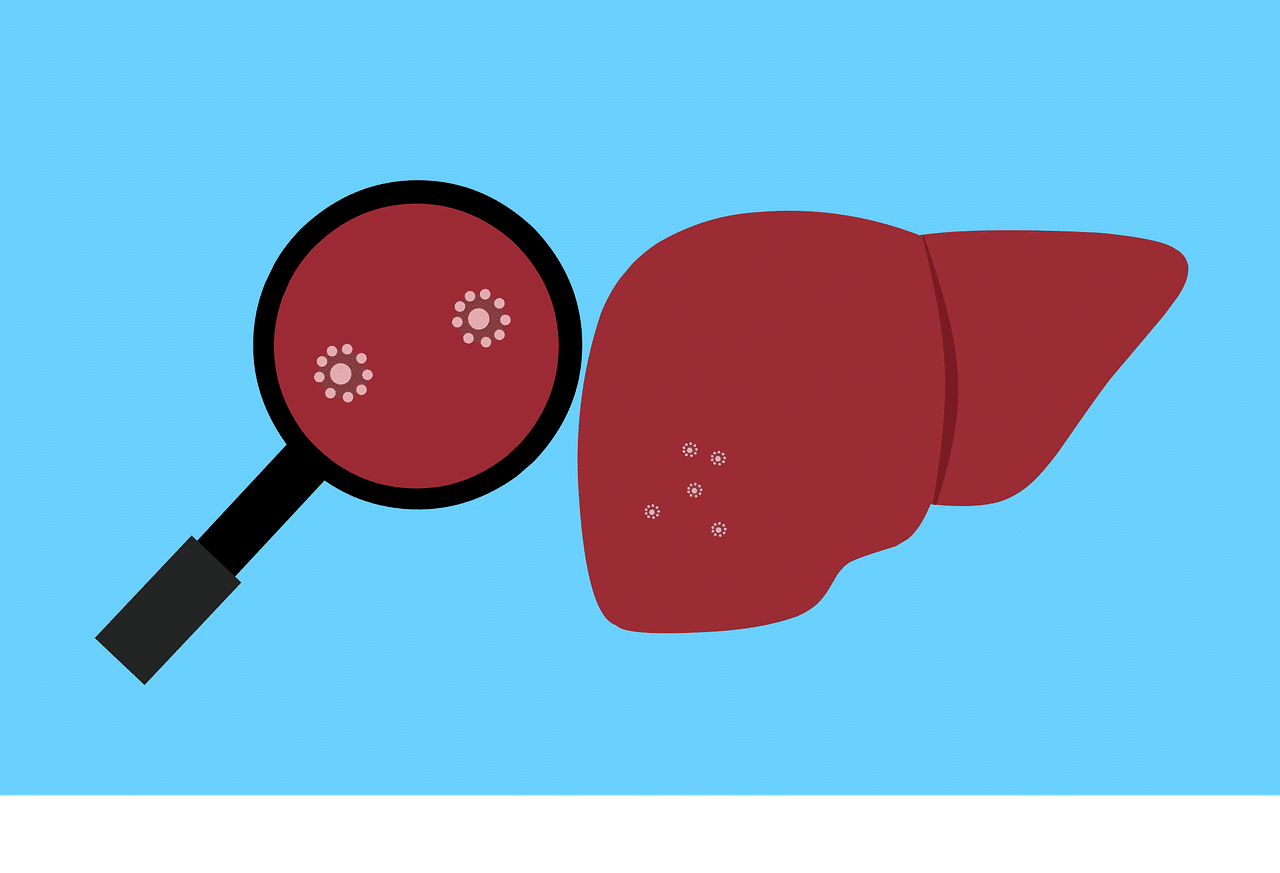Severe morning sickness, medically called hyperemesis gravidarum (HG), is a frustrating condition that affects almost 2% of all pregnant women. It is different than the typical morning sickness that almost all pregnant women feel during their first trimester. This is a severe version of nausea which is one of the most common causes of hospitalization of pregnant women.
Usually, this severe morning sickness goes away in the second trimester but in some rare cases, it may last till delivery. This is an annoying condition that may make women bedridden for weeks. They are extremely dehydrated and are unable to pay attention or concentration to anything, including professional work, daily chores, or taking care of the family.
Also read- Thousands of People are Ready to Get Exposed to COVID-19 By Choice
The new study conducted by the research team from Imperial College London has revealed that 50% of women suffering from HG are actually a patient of antenatal depression. They also reported that 30% of them end up having postnatal depression.
Those women who were not suffering from HG during their first and second trimester are less likely to get antenatal depression postnatal depression. The complete study results are published in the journal BMJ Open.
Dr. Nicola Mitchell-Jones, a licensed Ob & Gyn is the lead researcher and author of this research. According to Mitchell-Jones, the psychological effect of this condition doesn’t get the recognition that it really deserves, neither by the healthcare staff nor by the common public.
This study results show that women suffering from severe morning sickness are at eight times higher risk of antenatal depression. It also reports that they are four times higher risk of postnatal depression but none of these are taken seriously.
In fact, it would be a surprise for many that women with HG think about harming themselves during this condition. Ignoring all of this, believing it to be untrue will bring serious health risks for the mother and the unborn child which should be avoided at any cost.
Instead of simply treating the physical signs and symptoms of the morning sickness, healthcare practitioners much add emotional support in its treatment.
The researchers analyzed data from 214 pregnant women in their first trimester attending three hospitals in London including Chelsea and Westminster Hospital NHS Foundation Trust, Queen Charlotte’s and Chelsea Hospital, and St Mary’s Hospital.
Nearly 50% of them experienced signs of HG and hospitalized. A control group of the same patient size without significant recurrence of nausea and vomiting were also made a part of this study. They were recruited via an antenatal clinic.
None among all these participants got treatment for stress or depression within the last 12 months. All of these women were assessed for their mental health during the first trimester of their pregnancy until the six weeks after delivering the baby.
Also read- Mosquitoes Find Human Blood to Taste like Candy
Those suffering from HG, 49% of them developed depression within the pregnancy, but only 6% of the women from the control group developed depression. Nearly 29% of the HG patients experienced postnatal depression as compared to the 7% of women from the control group.
Nearly 50% of the women having HG took at least four weeks off from their jobs during pregnancy or after delivery for health reasons.
These study findings highlight a need for prioritizing mental health during pregnancy and change the guidelines on taking care of women with HG. All practitioners should include a psychological assessment in their diagnosis and refer to a specialist if needed.


